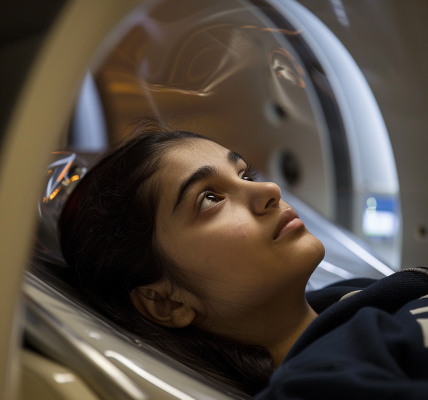New research suggests that the timing of exercise could have a significant impact on our health. A study conducted by researchers at the University of Sydney in Australia, using data from the UK Biobank, found that individuals who exercised in the evening were the least likely to experience cardiovascular problems or to die compared to non-exercisers and those who exercised at other times.
The study focused on a subset of about 30,000 volunteers living with obesity over the age of 40, who had no pre-existing cardiovascular disease. These volunteers had agreed to wear activity trackers for a week as part of the original study, and the data from these trackers was used as a proxy for their typical level of physical activity.
After tracking the volunteers for nearly eight years on average, the researchers found that evening exercisers had the lowest risk of developing cardiovascular disease and of dying in general, even after accounting for factors like age or smoking history. This suggests that the timing of exercise could play a crucial role in its health benefits.
Our bodies have an internal clock, or circadian rhythm, which can subtly affect various aspects of our physiology, including mood, metabolism, and body temperature. This research adds to the ongoing debate over whether physical activity can be more beneficial at certain times of the day, providing evidence that evening exercise might offer better heart and health benefits.
While previous studies have yielded mixed results, with some suggesting the added value of a morning routine, this new study provides compelling evidence in favor of evening exercise. The findings could have significant implications for individuals looking to optimize the benefits of their physical activity and improve their overall health and well-being.





